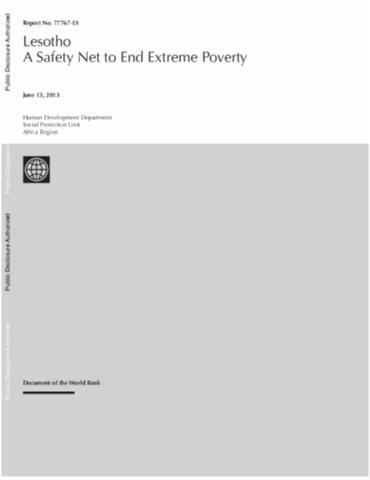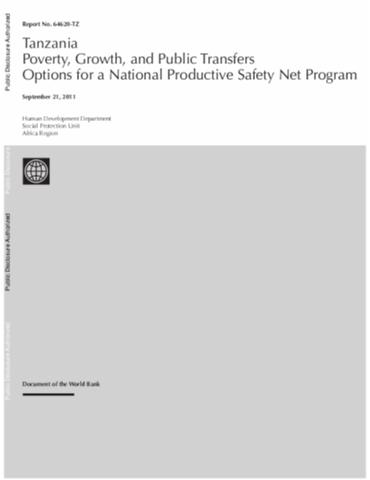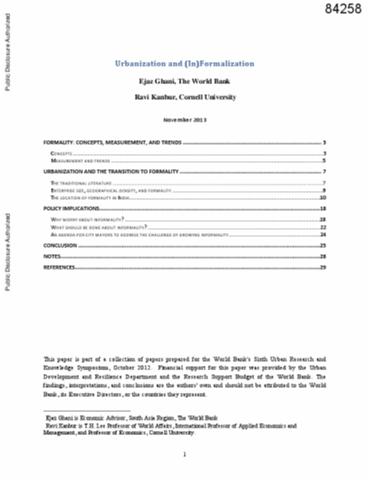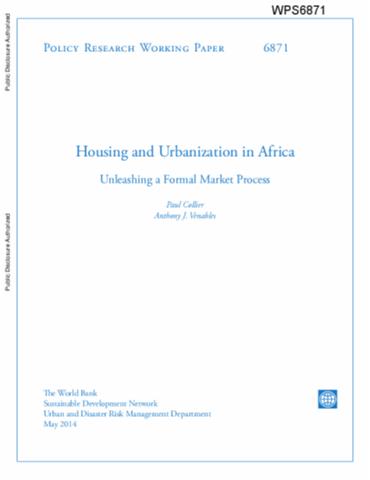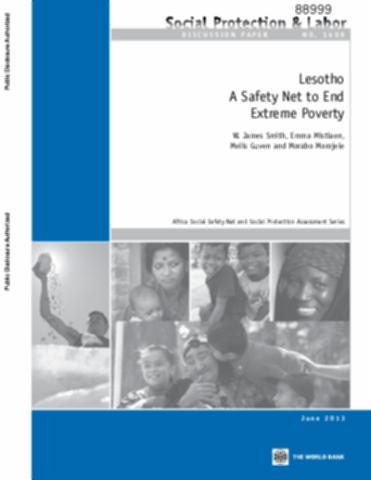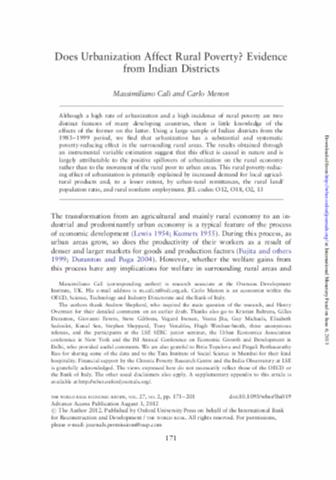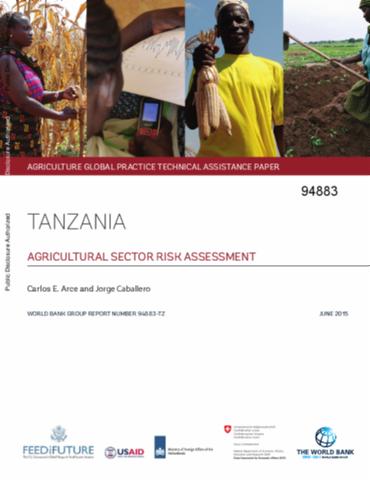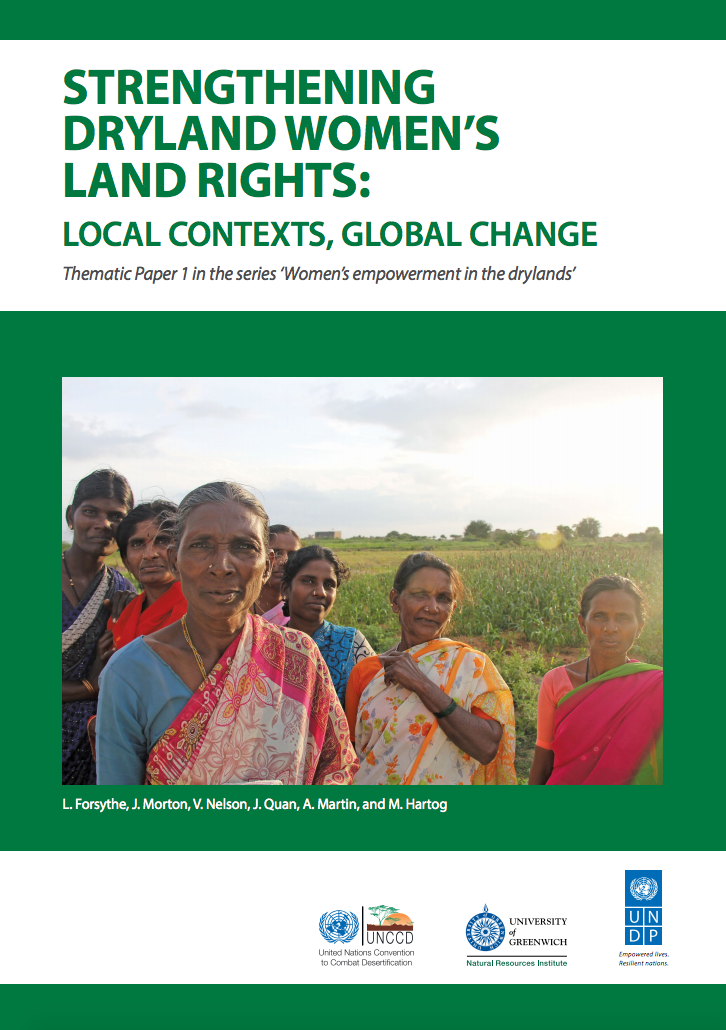Lesotho : A Safety Net to End Extreme Poverty
The objective of this study is to help the government to decide what role safety net and transfer programs should play in the coming 5 to 10 years. It seeks to answer following three questions: (i) can increased spending on transfers accelerate poverty reduction in the medium to long term?; (ii) which groups and aspects of poverty will it make sense to target with transfers?; and (iii) which programs will have the greatest impact at an affordable cost?

